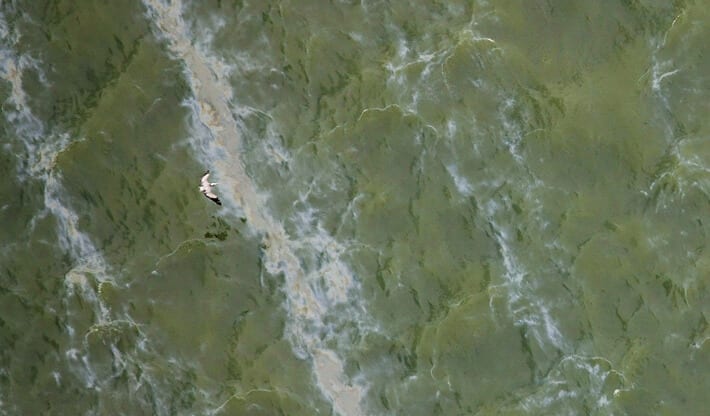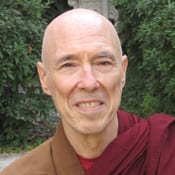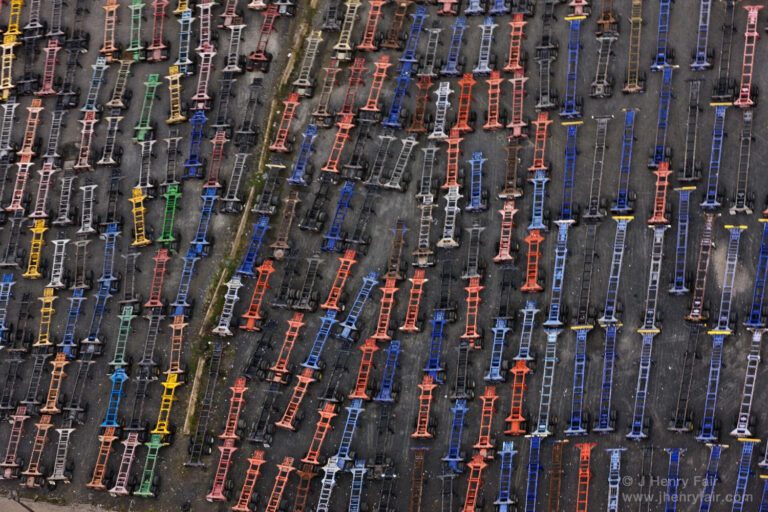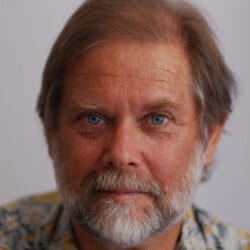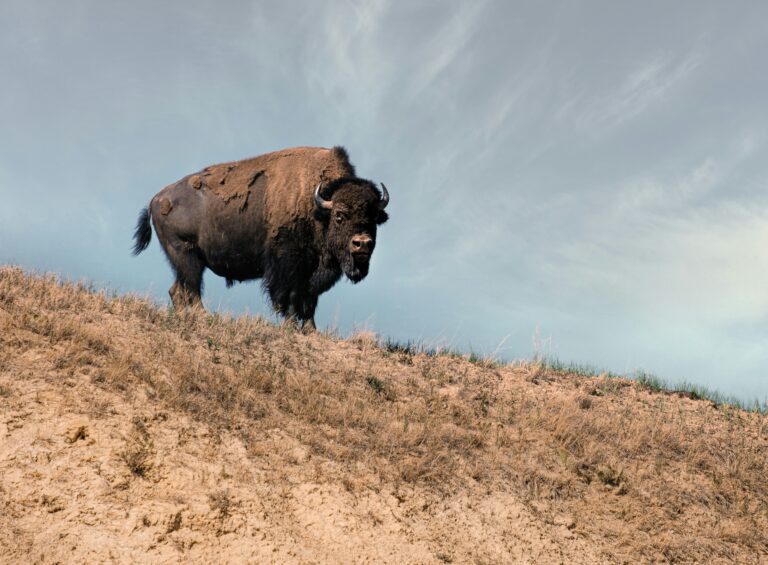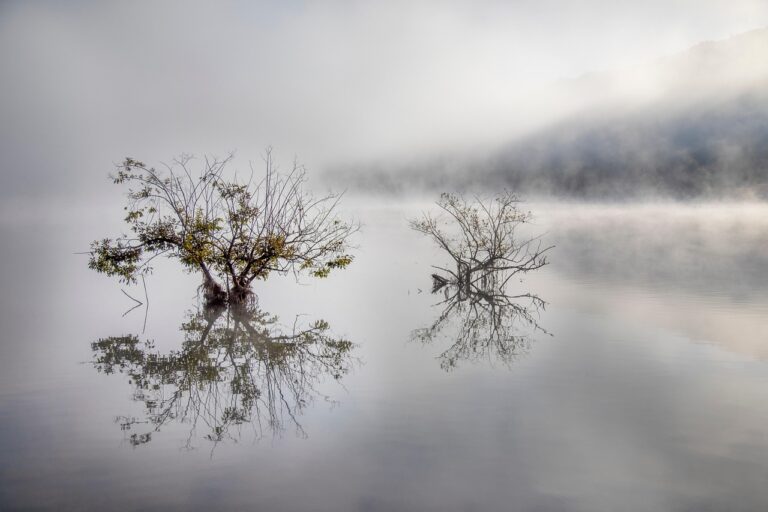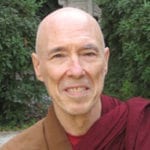Suppose I was a bus driver driving a busload of people along an unfamiliar route and at a certain point my GPS device showed me that I was heading toward a precipice. As a responsible driver, I would not assume that the device is mistaken or argue that the accuracy of such devices is a matter of debate. As I got close to the edge of the abyss, I would not jiggle the steering wheel, much less step on the gas pedal. Rather, I would turn away and head in a different direction.
Yet, expand this picture to a global scale, and it shows us exactly what we’re doing. The climate crisis is probably the gravest danger that humanity has ever faced, the precipice toward which we are heading, yet those in the driver’s seat are doing just what the reckless bus driver does. They’re insisting that the great majority of climate scientists are mistaken; they’re claiming there is still a debate about the causes of climate change; they’re attacking investigators who seek to hold offenders accountable; and they’re stepping on the gas pedal with policies that will push carbon emissions to perilous heights. If they continue to have their way, they’ll drive the bus of humankind over the edge to a fate we can hardly envisage.
What makes climate change so insidious—and reinforces the tendency to denial—is the fact that it occurs incrementally, beneath the threshold of perception.
As a Buddhist monk and scholar, I try to view the climate crisis through the lens of the Buddha’s teaching, which emphasizes the pivotal role of the human mind in generating both suffering and well-being. Using this lens, I see our leaders’ dismissive attitude toward the crisis as stemming from the combined influence of two deeply entrenched mental dispositions, ignorance and craving. Ignorance is the blatant, willful, and even spiteful rejection of reality, the denial of unpalatable truths that threaten our sense of our own invulnerability. Craving is the voracious grasping after ever more wealth, status, and power, a thirst that can never be satisfied, a stubborn refusal to see that wealth and power will be worthless on a dying planet.
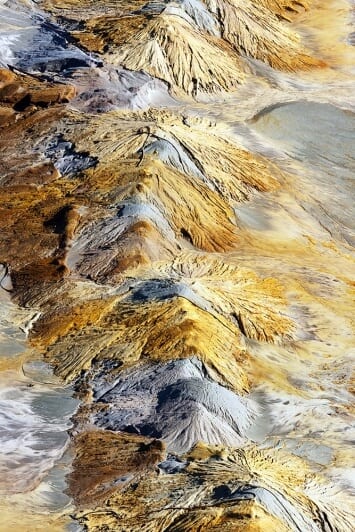
What makes climate change so insidious—and reinforces the tendency to denial—is the fact that it occurs incrementally, beneath the threshold of perception. The immediate effects strike virulently only on occasion and in limited areas—a drought here, wildfires there, floods in this country or a heat wave in that one. Spared the global picture of the effects in their totality, we can convince ourselves that the extreme events we hear about are merely disconnected vagaries of the weather. And thus we go on blithely with our ordinary lives, thinking we can do so forever.
Yet, while we drift along so complacently, climate change hovers over us like an ominous cloud, posing both an existential threat and a moral reproach. It’s an existential threat because, when its full consequences are unleashed, everyone will be affected. The climate enfolds everyone everywhere, and thus there is no spot on earth to which one can escape. Human existence itself is in the crosshairs, and if we don’t change course, we may well bring the entire project of human civilization crashing down to a pitiful end.
At the same time, climate change reminds us that, as we put off taking necessary action, we are darkening our moral record, committing a travesty of justice at multiple levels. At home, climate disruptions tend to strike poor communities—largely people of color—more severely than they hit the rich in their more secure enclaves. On a planetary scale, the disparities are even worse. Over the past few centuries, the industrialized countries—primarily the U.S. and Western Europe—have won their wealth by burning fossil fuels, yet it’s the people in the poorest countries—in Sub-Saharan Africa, South Asia, and the Pacific island nations—that are paying the heaviest price. And it is these people again that will face the harshest penalties in the future when whole regions turn barren, famine and starvation descend, and social disruption invites political chaos.
The climate enfolds everyone everywhere, and thus there is no spot on earth to which one can escape.
If we’re to avoid such a fate, we must drastically reduce our carbon emissions and hasten the transition to a clean-energy economy powered by renewable sources of energy. This must be done with utmost urgency. What we need is nothing short of a full-scale climate mobilization, as complete as the war effort launched during World War II. This will require changes not only in our practices but in our attitudes. We will have to transform a culture of extraction, exploitation, and endless consumption into one that prizes reverence for the earth, respect for other peoples, and gratitude for the resplendent bounties of nature.
To deal successfully with climate change, we must draw from sources of wisdom and compassion lying deep within ourselves. Wisdom is the voice that tells us to take the blinders off and see things as they are—in this case, to acknowledge the truth that climate change is real, that human activity is behind it, and that the chief culprit is an economic system propelled by the quest for short-term profits. Compassion is the quality that makes our hearts tremble at the suffering of others and moves us to act, to ensure that billions of people around the world are spared the misery and desperation that a hostile climate would inflict on them.
…it’s the people in the poorest countries…that will face the harshest penalties in the future…
By a tragic twist of fate, just at this critical juncture when fresh initiatives are required so urgently, our country has handed the reins of power to a president whose administration is doing exactly the opposite of what we need. We’ve installed at the command center a team that denies the hard truths of science, scorns the advice of informed policy experts, and does everything it can to pump new life into the fossil fuel industries. In effect, we’ve appointed a bus driver who is driving the bus of humanity ever closer to the cliff.
What we need is nothing short of a full-scale climate mobilization, as complete as the war effort launched during World War II. This will require changes not only in our practices but in our attitudes.
On April 29th, along with hundreds of environmentally concerned fellow Buddhists from New York, I will be going to Washington to join the People’s Climate Mobilization. I will be marching not only on behalf of people here in the U.S. but on behalf of people all around the world, especially those whose voices will never reach our leaders. I will be marching to demand an ambitious climate policy, one that meets the severity of the crisis. I will be marching on behalf of truth, to insist that we cannot close our ears to the warnings of our best scientists. I will be marching on behalf of a new clean-energy economy, one that is respectful of natural limits and can uplift people everywhere. I will be marching to show our government that America must live up to its highest ideals, that we must serve the rest of the world as a model of wise, conscientious, and compassionate leadership. In short, I will be asking our leaders to turn the bus around and lead us all into a safe and sustainable future.
Learn more and join the Buddhist presence at the People’s Climate Mobilization.
Originally published in Common Dreams. This work is licensed under a Creative Commons Attribution-Share Alike 3.0 License.

